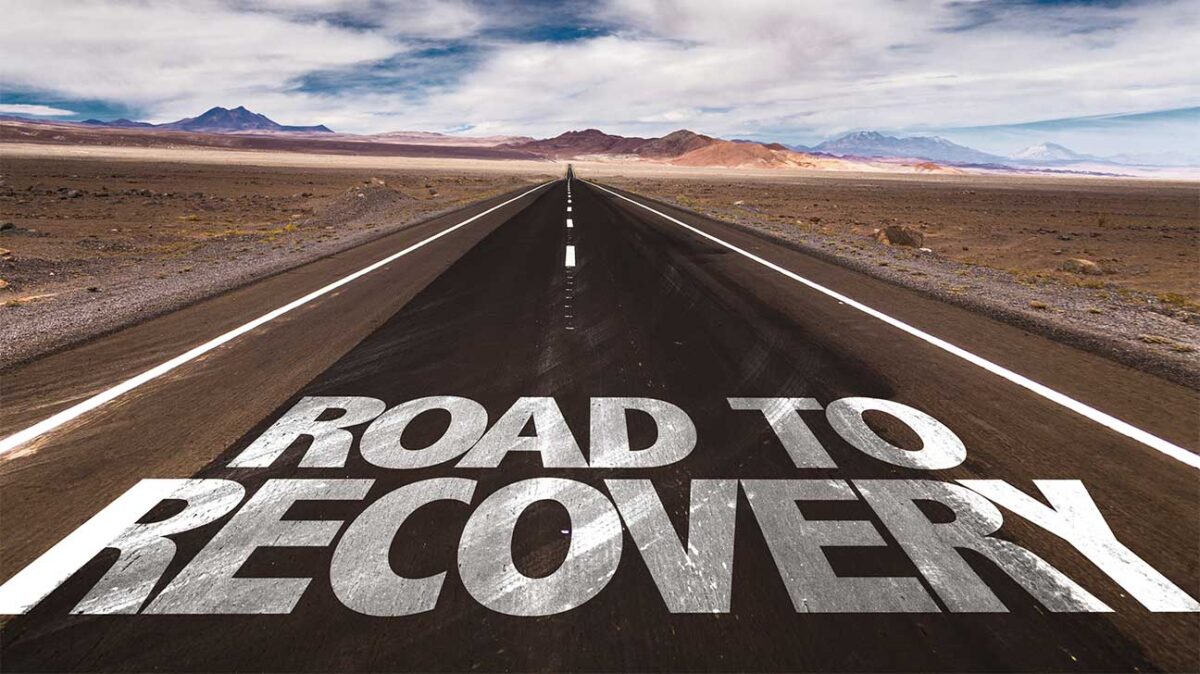Alcohol and drug evaluation is a term used to describe the assessment of an individual’s current substance use and abuse issues, as well as their potential for developing substance use and abuse problems in the future. It is an ongoing process used to inform decisions about appropriate treatment and management strategies for individuals who are struggling with substance use issues.
The history of alcohol and drug evaluation can be drawn back to the late 19th century, when physicians and researchers began to recognize the importance of assessing individuals’ drinking habits and drug use. At that time, some of the earliest assessments were based on the patient’s self-reported consumption of alcohol or other drugs. In the early 20th century, a number of different types of alcohol and drug assessments were developed, including psychological tests, questionnaires, and physical examinations.
During the 1950s and 1960s, alcohol and drug evaluation became increasingly important for criminal justice and corrections fields. At this time, courts began to use alcohol and drug evaluations to inform decisions about the types of sentences to be imposed on individuals convicted of alcohol- or drug-related offenses. During this period, the use of alcohol and drug evaluations in clinical settings also increased, as clinicians sought to better understand the underlying causes of substance use and abuse.
In the 1970s and 1980s, the use of alcohol and drug evaluations expanded to include assessments of individuals with serious mental health issues, such as depression, bipolar disorder, and schizophrenia. Clinicians used these assessments to help them better understand the relationship between substance use and mental illness.
In the 1990s, the use of alcohol and drug evaluations became even more widespread. This was due in part to the emergence of new treatments for substance use disorders, such as medication-assisted treatment and cognitive behavioral therapy. The use of alcohol and drug evaluations also increased in the criminal justice system, as courts sought to better understand the underlying causes of criminal behavior.
Today, alcohol and drug evaluations are used in a variety of settings, including clinical, correctional, and research contexts. These assessments are used to inform decisions about appropriate treatment and management strategies for individuals who are struggling with substance use issues. In addition, alcohol and drug evaluations are used to determine the effectiveness of varied types of treatment and interventions.
Overall, the history of alcohol and drug evaluation is a long and complex one, and it is a testament to the importance that society has placed on understanding and managing substance use and abuse issues. It is clear that alcohol and drug evaluations will continue to play a essential role in the future of substance use treatment and research.
Alcohol and drug evaluation is an important aspect of any comprehensive substance abuse treatment plan. It involves assessing an individual’s drug and alcohol use, as well as determining the potential risks and consequences associated with continued use. The evaluation process typically includes both a physical and psychological assessment, and is conducted by a qualified professional such as a nurse, doctor, or mental health counselor.
The goal of an alcohol and drug evaluation near me is to assess an individual’s current substance use and to identify any potential problems or risks associated with continued use. During the evaluation, the professional will ask questions about the individual’s substance use history, as well as their current pattern of use. A physical exam may also be conducted to assess the individual’s physical health, as well as to check for any signs of substance use.
The determinations of the evaluation are used to create a personalized treatment plan that is tailored to the individual’s specific needs. The plan may include a combination of group and indivdiaul therapy, as well as medication-assisted treatment, if needed. The evaluation also helps to identify any co-occurring mental health issues that may be contributing to the individual’s substance use.
The evaluation process is crucial to the success of any treatment program. It is important for individuals to be honest and open when answering the questions during the evaluation, as it will help the professional to accurately assess the individual’s unique needs and create a treatment plan that is effective.
The importance of alcohol and drug evaluation cannot be overstated. It is a key component of any comprehensive treatment program, and is an essential part of helping individuals to successfully overcome their substance use and achieve sustained recovery.
For extensive information please check out www.aacscounseling.com or please call us at 1-800-683-7745.









